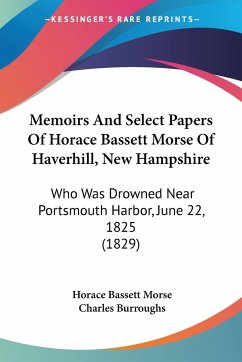Unfortunately, there is no record of a book titled ""Sporting Reminiscences Of Hampshire: From 1745 To 1862"" being written by Aesop. Aesop was a Greek storyteller who lived in the fifth century BCE and is known for his fables. It is possible that this is a misattributed or fictional book.This scarce antiquarian book is a facsimile reprint of the old original and may contain some imperfections such as library marks and notations. Because we believe this work is culturally important, we have made it available as part of our commitment for protecting, preserving, and promoting the world's literature in affordable, high quality, modern editions, that are true to their original work.
Hinweis: Dieser Artikel kann nur an eine deutsche Lieferadresse ausgeliefert werden.
Hinweis: Dieser Artikel kann nur an eine deutsche Lieferadresse ausgeliefert werden.








